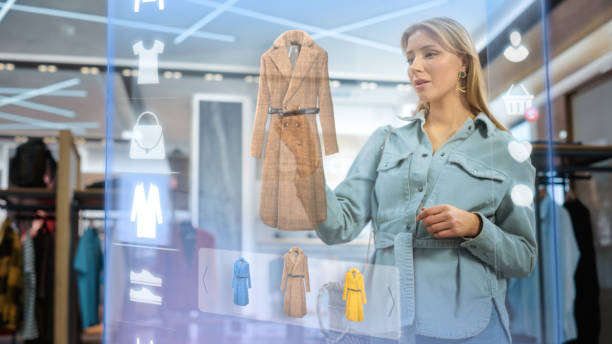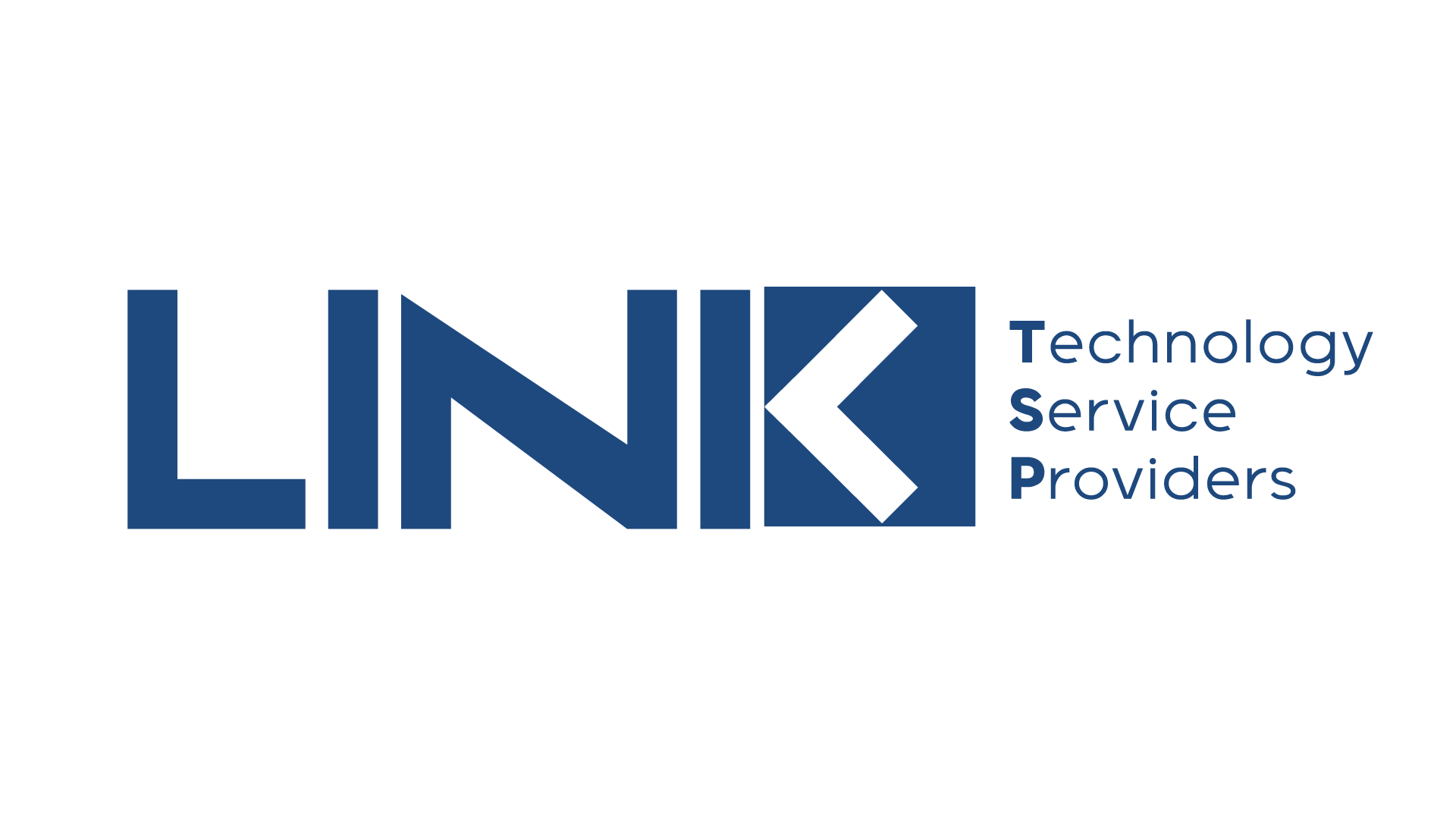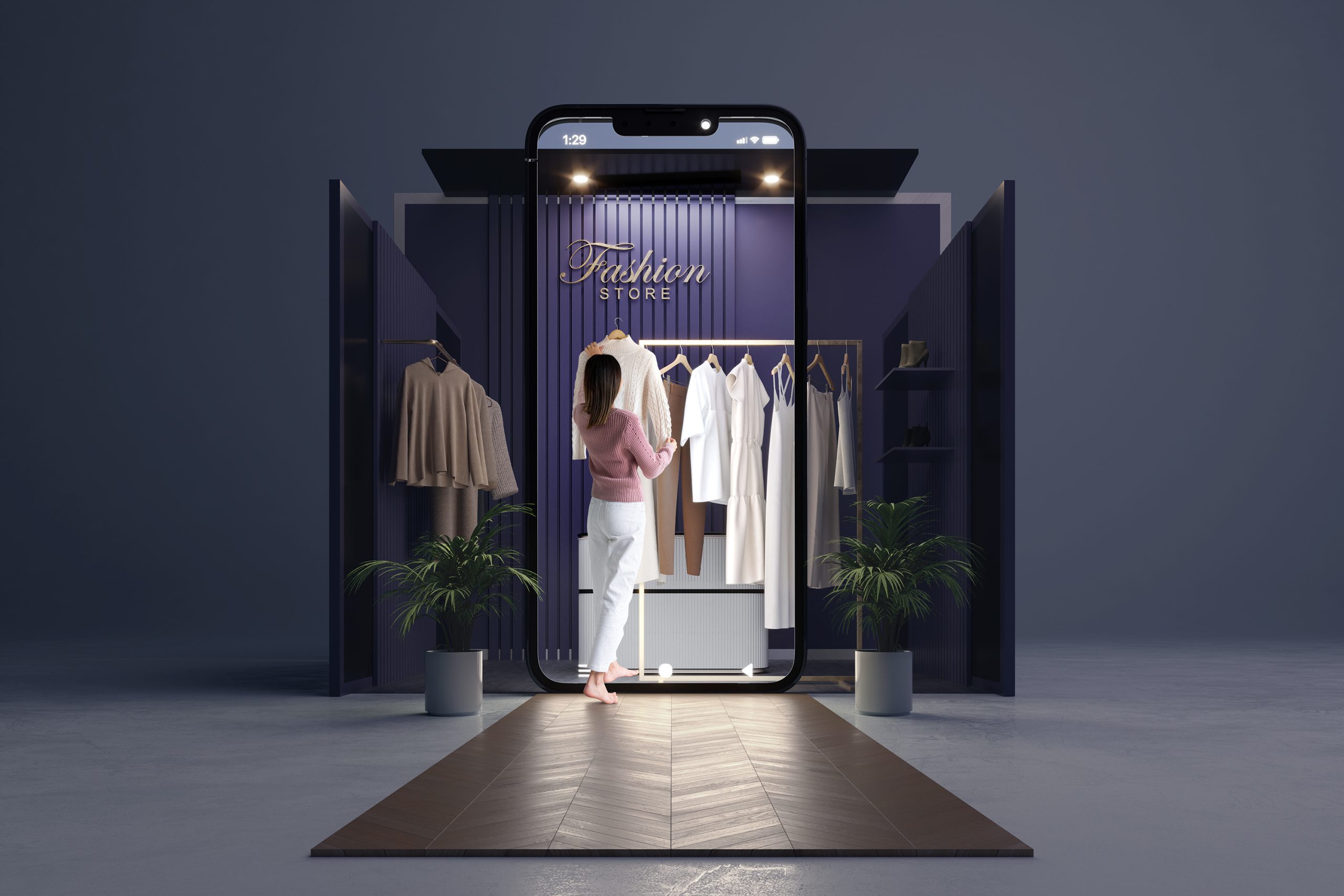The retail industry is undergoing a transformative journey, and at the heart of this revolution is the Internet of Things (IoT). IoT is reshaping the retail landscape, offering unprecedented opportunities for enhanced customer experiences, improved operational efficiency, and data-driven decision-making. In this blog post, we’ll explore the myriad ways in which IoT is making its mark in retail shops.
- Smart Shelves and Inventory Management:
One of the primary challenges in retail is maintaining accurate inventory levels. IoT addresses this issue with smart shelves equipped with RFID tags and sensors. These technologies provide real-time insights into stock levels, reducing the likelihood of stockouts and overstock situations. Automated inventory management not only enhances efficiency but also improves the overall customer experience by ensuring products are readily available.
- Personalized Shopping Experience:
IoT enables retailers to create personalized shopping experiences. Through beacons and sensors, retailers can track customer movements within the store, analyze their preferences, and deliver targeted promotions or recommendations to their smartphones. This not only boosts sales but also fosters customer loyalty by providing a more tailored and engaging shopping journey.
- Enhanced Security with IoT Cameras:
Security is a top concern for retailers. IoT-connected cameras and surveillance systems provide more than just traditional security. They can analyze customer behavior, monitor foot traffic, and even help optimize store layouts for better customer flow. Additionally, these systems can assist in identifying and preventing theft, ensuring a safer shopping environment.

- Efficient Energy Management:
IoT in retail extends beyond customer-facing applications. Smart energy management systems use IoT sensors to monitor and control lighting, heating, and cooling systems. This not only contributes to sustainability efforts but also reduces operational costs for retailers.
- Supply Chain Visibility:
For retailers managing a complex supply chain, IoT offers end-to-end visibility. Sensors on products and packages can provide real-time tracking information, enabling retailers to monitor the movement of goods from manufacturers to warehouses to the store shelves. This transparency improves efficiency, reduces errors, and ensures a smoother flow of products through the supply chain.
- Automated Checkout Processes:
IoT-powered checkout processes streamline the customer experience. Automated checkout kiosks, RFID technology, and connected payment systems reduce wait times, enhance convenience, and contribute to a frictionless shopping experience.
- Data Analytics for Informed Decision-Making:
The wealth of data generated by IoT devices is a goldmine for retailers. By leveraging data analytics, retailers can gain valuable insights into customer behavior, optimize inventory levels, and make informed decisions to improve overall business performance.
As the retail landscape continues to evolve, embracing IoT technologies becomes not just an option but a necessity for staying competitive. From enhancing customer experiences to optimizing operations, the impact of IoT in retail shops is profound. The smart integration of IoT is not just a technological upgrade; it’s a strategic move toward a more efficient, customer-centric, and sustainable future for the retail industry.






Leave A Comment